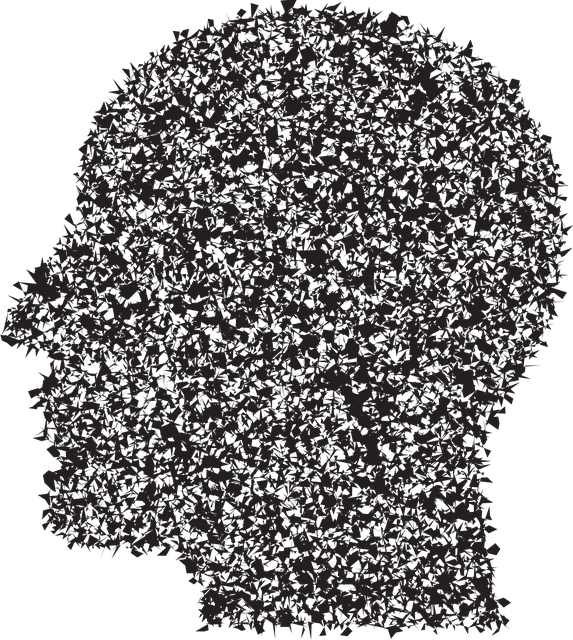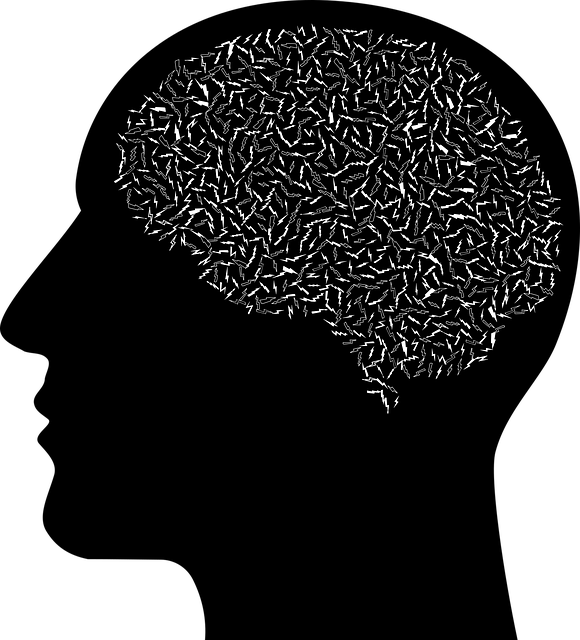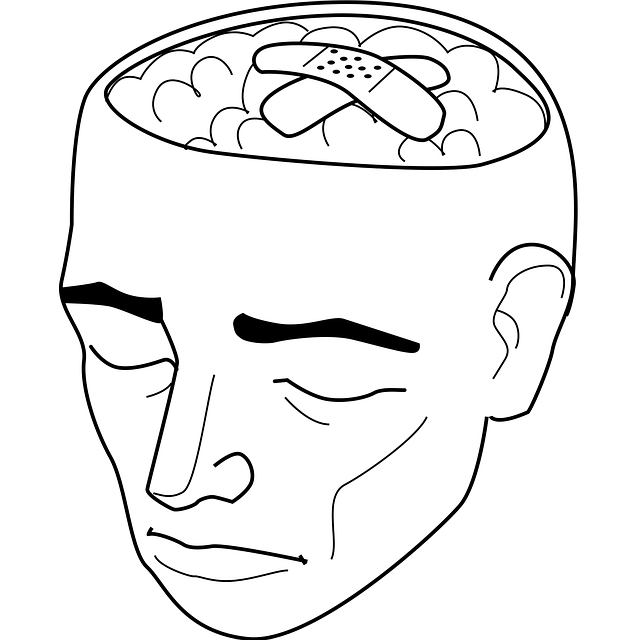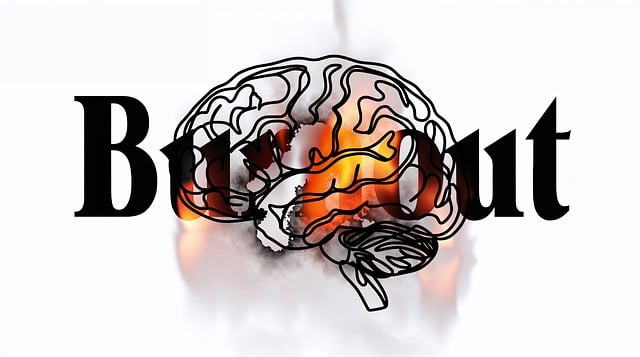Addressing mental health concerns among Mandarin-speaking adolescent teens is critical due to cultural barriers and a lack of accessible resources in their native language. The gap can be filled through specialized programs focusing on burnout prevention for healthcare providers, culturally sensitive training, and trauma support services integrated into educational curricula. A balanced approach combining cultural sensitivity with evidence-based practices is essential, recognizing unique cultural contexts and incorporating traditional Chinese concepts. Tailored therapy sessions in Mandarin Chinese, along with stress reduction and resilience-building techniques, enhance accessibility. Long-term impact assessment through follow-ups ensures positive effects on adolescents' mental health, potentially reducing risks of untreated issues. Key strategies include localization for cultural diversity and comprehensive evaluation methods targeting therapy for adolescent teens Mandarin Chinese speaking.
In today’s diverse society, addressing mental health among Mandarin-speaking teen populations is paramount. This article explores the critical need for specialized mental health education programs tailored to this demographic, focusing on therapy for adolescent teens with Mandarin Chinese backgrounds. We delve into the cultural sensitivity required in program design, considering the unique challenges and strengths within these communities. Additionally, we provide implementation strategies and assess the long-term impact of such initiatives.
- Understanding the Need for Mental Health Education in Mandarin-Speaking Teen Populations
- Designing an Effective Therapy Program for Adolescent Teens with Cultural Sensitivity
- Implementation Strategies and Long-Term Impact Assessment for Mental Health Initiatives
Understanding the Need for Mental Health Education in Mandarin-Speaking Teen Populations

In today’s diverse society, addressing mental health concerns among Mandarin-speaking adolescent teens is more crucial than ever. This demographic often faces unique challenges due to cultural barriers and a lack of accessible resources tailored to their linguistic needs. Many young individuals from Mandarin-speaking backgrounds may struggle with anxiety, depression, or trauma, yet they might not receive the necessary therapy for adolescent teens in Mandarin Chinese speaking communities. This gap in mental health education can be attributed to limited cultural sensitivity in mental healthcare practice, where professionals often lack the skills to communicate effectively and provide culturally appropriate support.
The need for specialized programs is evident when considering the potential impact of unmet mental health needs. Burnout prevention strategies for healthcare providers are essential, as they can directly influence the quality of care delivered to this population. By incorporating cultural sensitivity training and trauma support services into educational curricula, we can empower professionals to better assist Mandarin-speaking teens. Such initiatives ensure that therapy for adolescent teens in Mandarin Chinese speaking populations becomes more accessible and effective, fostering a supportive environment that respects their cultural identities.
Designing an Effective Therapy Program for Adolescent Teens with Cultural Sensitivity

Designing an effective therapy program for adolescent teens with a focus on Mandarin Chinese-speaking populations requires a nuanced approach that integrates cultural sensitivity and evidence-based practices. It’s essential to recognize and appreciate the unique cultural contexts, beliefs, and communication styles that shape individuals’ mental health experiences. For instance, incorporating traditional Chinese concepts like Qi (vital energy) or Guo (balance and harmony) into therapeutic frameworks can resonate with Mandarin-speaking teens, fostering a sense of familiarity and trust.
The program should prioritize evidence-based stress reduction methods and resilience-building techniques tailored to the specific needs and challenges faced by this demographic. This might involve adapting mindfulness practices, cognitive behavioral therapy, or other therapeutic modalities to incorporate elements of cultural relevance. For example, using storytelling or art therapy with themes that reflect traditional Chinese values can create a safe and engaging space for teens to process their emotions and experiences while receiving culturally sensitive mental health care.
Implementation Strategies and Long-Term Impact Assessment for Mental Health Initiatives

Implementing mental health education programs requires strategic planning and diverse approaches to ensure their effectiveness. One key strategy is tailoring content specifically for adolescent teens who may face unique challenges, such as academic pressures and peer dynamics. Offering therapy sessions in Mandarin Chinese for this demographic can significantly enhance accessibility, addressing a crucial need among culturally diverse communities. This localized approach not only caters to linguistic preferences but also fosters trust and encourages open discussions on sensitive topics.
Long-term impact assessment is essential to gauge the success of mental health initiatives. Regular follow-ups with participants through surveys, focus groups, or even a Mental Wellness Podcast Series Production can provide valuable insights. By evaluating changes in self-reported mental wellness levels and exploring themes like burnout prevention strategies for healthcare providers and the adoption of self-care practices, organizers can refine programs and ensure they have a lasting positive effect on adolescents’ mental health, potentially reducing risks associated with untreated issues.
Mental health education plays a pivotal role in empowering Mandarin-speaking teens to navigate their emotional well-being. By integrating cultural sensitivity into program design, we can create effective therapy initiatives that resonate with this specific population. Through thoughtful implementation strategies and long-term impact assessments, we ensure that these programs not only reach but also profoundly affect adolescent teens from diverse linguistic backgrounds, fostering healthier, more resilient communities. For Mandarin-speaking teens, access to tailored mental health support is a crucial step towards a brighter, more balanced future.














